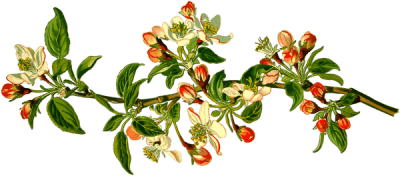
Philosophy
The boundless energy and excitement generated by the grandchildren as we work together, combined with the innovations and enthusiasm of their parents have renewed our devotion to the farm as well as our faith in the future.

Current Projects
Construction is complete and we are welcoming guests to our tap room during our public hours. Our fermentors are nearly always occupied with brews.
The Orchard:
Apple tree varieties were selected with the goal of producing the most flavorful and delicious varieties of hard ciders. Our goal is to produce ciders that promote the specific qualities of these unique varieties.
The Apiary:
We are continuing to nurture and expand our beehives located on both our land and some property of sympathetic neighbors.


Apple Varieties
Roxbury Russett – 1600s. The oldest American Apple. It stores well after picking with its flavor becoming more rich and delicious as it ages. (For something truly unique about this apple, look up its connection to the founder of Rhode Island, Roger Williams.)
Ashmead’s Kernal – Early 1700s. “Surely no apple of greater distinction or more perfect balance has ever been raised anywhere on earth” English gourmet Morton Shand. Most delicious if stored until Christmas.
Harrison – Early 1700s. This amazing cider apple was almost lost during prohibition. A single aging tree was discovered in 1976 and cuttings from that one tree were used to bring this variety back to the cider world.
Esophus Spitenburg – 1700s . This apple ferments into an incredible cider, especially if you give it a month or so to mellow after picking. It is also delicious eaten fresh or made into pies.
Newton Pippin – 1720. A favorite of Thomas Jefferson, James Madison and George Washington, this apple keeps well and mellows with age.
Baldwin- – 1740. One of the most popular apples during the 1800s. This apple stores well and has the good fortune to be delicious at both at harvest and months later.
Grimes Golden – 1790. The high sugar levels in this “Moonshiner’s Apple” make it an ideal cider apple.
Apples from the 1800s
Arkansas Black – Another apple that becomes more delicious with age, it is best to press into cider after Christmas.
Cox’s Orange Pippin – An apple that needs to be handled with a little extra TLC but the unbelievable taste is worth it.
Golden Delicious – After a long day of work on the farm, walk out into the orchard and pick one of these. Sit down in the clover and eat it as you watch the last rays of sun disappear and the moon rise. Truly a religious experience.
Wolf River – Immense beautiful apples with a creamy flavor.
Smokehouse – An apple that produces a very sweet cider but it needs to be pressed right after it comes off the tree.
Kingston Black – The enigmatic flavors of this apple come to life when it is fermented, creating an unforgettable single variety cider.
The New Guys
Goldrush – From Purdue University in 1973, this disease resistant apple thrives in organic orchards, stores well, and maintains its excellent flavor.
Honeycrisp – 1991. Now one of the most popular apples in the country, the University of Minnesota is said to have made almost a million dollars in royalties from this apple before its patent expired.



